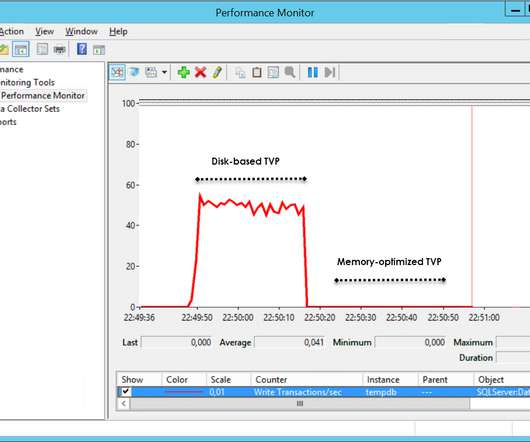What Is Your Test Quality?
DZone
APRIL 6, 2020
You have consistently written unit tests and you have a line coverage of, let us say, 80% and all of your tests pass. Pretty good, isn’t it? But then you change your code and still all of your tests pass although you have changed code which is covered by your unit tests. In this post, we will take a look at mutation testing which will test the quality of your unit tests.











Let's personalize your content